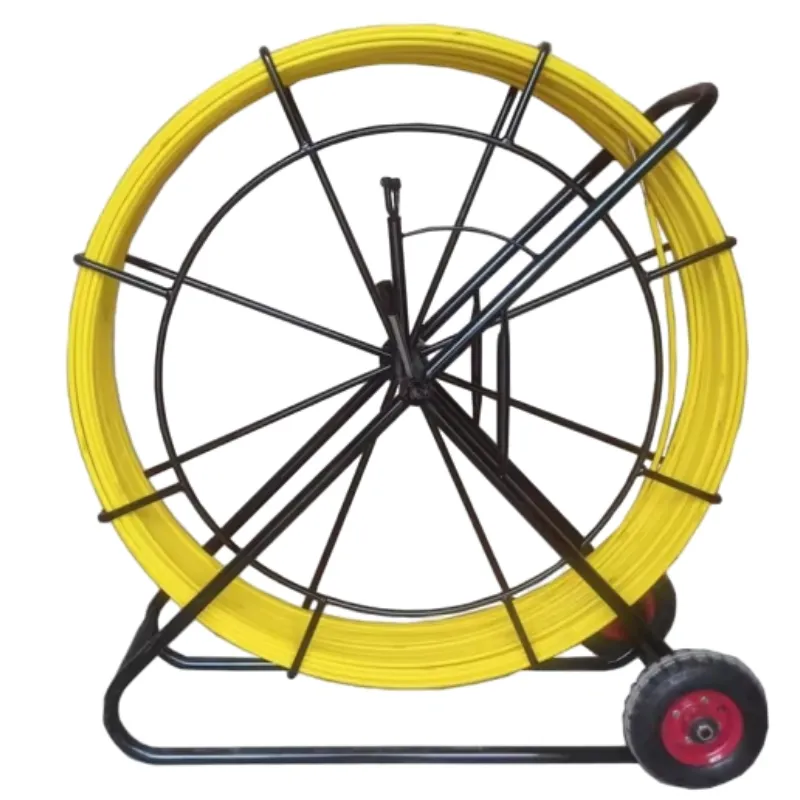
-
 Afrikaans
Afrikaans -
 Albanian
Albanian -
 Amharic
Amharic -
 Arabic
Arabic -
 Armenian
Armenian -
 Azerbaijani
Azerbaijani -
 Basque
Basque -
 Belarusian
Belarusian -
 Bengali
Bengali -
 Bosnian
Bosnian -
 Bulgarian
Bulgarian -
 Catalan
Catalan -
 Cebuano
Cebuano -
 Corsican
Corsican -
 Croatian
Croatian -
 Czech
Czech -
 Danish
Danish -
 Dutch
Dutch -
 English
English -
 Esperanto
Esperanto -
 Estonian
Estonian -
 Finnish
Finnish -
 French
French -
 Frisian
Frisian -
 Galician
Galician -
 Georgian
Georgian -
 German
German -
 Greek
Greek -
 Gujarati
Gujarati -
 Haitian Creole
Haitian Creole -
 hausa
hausa -
 hawaiian
hawaiian -
 Hebrew
Hebrew -
 Hindi
Hindi -
 Miao
Miao -
 Hungarian
Hungarian -
 Icelandic
Icelandic -
 igbo
igbo -
 Indonesian
Indonesian -
 irish
irish -
 Italian
Italian -
 Japanese
Japanese -
 Javanese
Javanese -
 Kannada
Kannada -
 kazakh
kazakh -
 Khmer
Khmer -
 Rwandese
Rwandese -
 Korean
Korean -
 Kurdish
Kurdish -
 Kyrgyz
Kyrgyz -
 Lao
Lao -
 Latin
Latin -
 Latvian
Latvian -
 Lithuanian
Lithuanian -
 Luxembourgish
Luxembourgish -
 Macedonian
Macedonian -
 Malgashi
Malgashi -
 Malay
Malay -
 Malayalam
Malayalam -
 Maltese
Maltese -
 Maori
Maori -
 Marathi
Marathi -
 Mongolian
Mongolian -
 Myanmar
Myanmar -
 Nepali
Nepali -
 Norwegian
Norwegian -
 Norwegian
Norwegian -
 Occitan
Occitan -
 Pashto
Pashto -
 Persian
Persian -
 Polish
Polish -
 Portuguese
Portuguese -
 Punjabi
Punjabi -
 Romanian
Romanian -
 Russian
Russian -
 Samoan
Samoan -
 Scottish Gaelic
Scottish Gaelic -
 Serbian
Serbian -
 Sesotho
Sesotho -
 Shona
Shona -
 Sindhi
Sindhi -
 Sinhala
Sinhala -
 Slovak
Slovak -
 Slovenian
Slovenian -
 Somali
Somali -
 Spanish
Spanish -
 Sundanese
Sundanese -
 Swahili
Swahili -
 Swedish
Swedish -
 Tagalog
Tagalog -
 Tajik
Tajik -
 Tamil
Tamil -
 Tatar
Tatar -
 Telugu
Telugu -
 Thai
Thai -
 Turkish
Turkish -
 Turkmen
Turkmen -
 Ukrainian
Ukrainian -
 Urdu
Urdu -
 Uighur
Uighur -
 Uzbek
Uzbek -
 Vietnamese
Vietnamese -
 Welsh
Welsh -
 Bantu
Bantu -
 Yiddish
Yiddish -
 Yoruba
Yoruba -
 Zulu
Zulu


nóv . 18, 2024 05:27 Back to list
Guide to Efficiently Removing Cable Ties Without Damaging Wires or Cables
The Art of Cable Tie Removal Techniques and Tips
Cable ties, often referred to as zip ties, are ubiquitous tools in both industrial and home settings. They are favored for their simplicity and effectiveness in bundling cables, securing items, and organizing spaces. However, when it comes time to remove them, the task can prove to be more challenging than anticipated. This article delves into various techniques and tips for the effective removal of cable ties.
Understanding Cable Ties
Cable ties are made from durable plastic and come in various sizes and strength ratings. They are designed for one-time use, meaning once tightened, they can be difficult to loosen. The structure of a cable tie features a small locking mechanism that grips the strap tightly, making removal tricky if done hastily.
Techniques for Removal
1. Use of Scissors or Cutters One of the most straightforward methods is to use scissors or wire cutters to snip the cable tie close to the locking mechanism. However, caution is advised as excessive force can damage the items being secured or the surrounding materials.
2. Looping Technique For those who prefer not to cut the tie and wish to reuse it, the looping technique can be effective. Gently pull on the loose end of the tie to create slack, then find the locking mechanism and carefully manipulate it to release the grip. This approach requires patience and a steady hand.
cable tie removal

3. Specialty Tools Various specialty tools are available for the removal of cable ties. These devices are designed with a blade that specifically targets the locking mechanism without damaging the surrounding items. If you frequently work with cable ties, investing in one of these tools may save you time and frustration.
4. Heating Method In some cases, heat can be used to soften the plastic, making it easier to manipulate or cut. A hot air gun or a lighter can be utilized, but extreme caution should be taken to avoid burns or damage to nearby materials.
Tips for Future Use
To ease future removals, consider the following tips when using cable ties
- Choose adjustable cable ties for temporary applications, as they allow for multiple uses. - Do not over-tighten cable ties; a tighter grip doesn’t necessarily mean a better hold, and leaving a bit of slack can facilitate easier removal. - Color coding or labeling your ties can help maintain organization and identification for future tasks.
In conclusion, removing cable ties can be a straightforward process if approached with the right techniques and tools. Whether cutting, loop changing, or using specialty tools, understanding the various methods can save both time and effort. By following these tips, you can ensure a hassle-free cable tie removal experience and maintain better organization in your workspace.
Latest news
Duct Rodders and Conduit Rod Tools
NewsAug.22,2025
Ratchet Pullers and Wire Tightening Tools
NewsAug.22,2025
Chain Ratchet Pullers and Hoist Solutions
NewsAug.22,2025
Telescopic Hot Stick for Electrical and High Voltage Use
NewsAug.22,2025
Cable Clamp and Insulated Cable Clamp Systems
NewsAug.22,2025
Duct Rodder Conduit Rodder and Cable Solutions
NewsAug.22,2025








